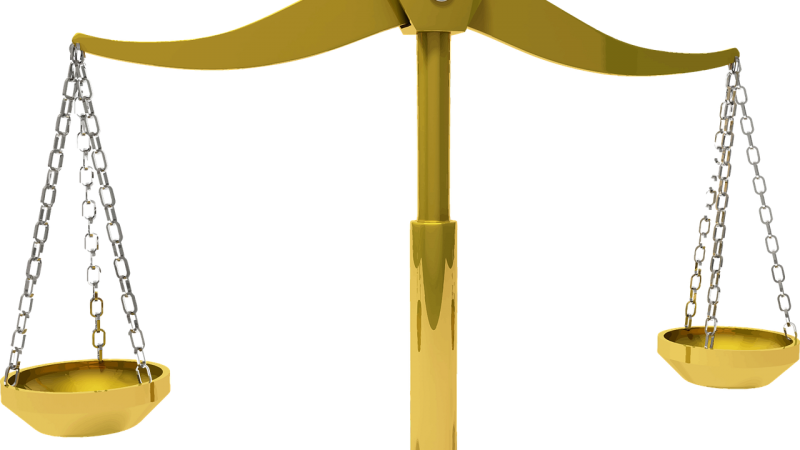Criminology & Criminal Justice
What Is Criminology & Criminal Justice?
Are you wondering what the difference is between Criminology and Criminal Justice? It’s pretty simple actually. Criminology is the behavioral study of crime—that is, criminal activity and how the laws are made to control it. Criminal Justice looks at the legal system itself—how laws are applied and how alleged criminals are brought to justice. As a behavioral science that is a subset of Sociology, Criminology, which is more of an academic field, looks at the sociology and psychology of the lawmakers, the alleged criminals, and the public, specifically on how the public reacts to crime.
Criminal Justice, as a more hands-on, skilled-based field, is more focused on the whole law enforcement system: how laws are enforced and how criminals are rehabilitated. Sure, there’s a lot of overlap in these fields. That’s why some college degree programs combine the two into one degree. Speaking of degrees: You don’t really need a degree (although an Associate’s degree would help) to get into entry-level jobs in both Criminology and Criminal Justice, jobs like Police Officer, Corrections Officer, or Forensic Technician. You’ll probably need to take short-term training through the police department for any of these after you finish high school. But, in the academic field of Criminology, you’ll need a Master’s or doctoral degree to become a Criminologist or Environmental Criminologist, working on developing the public policies that improve the whole system.
In Criminal Justice, to move beyond the entry-level positions to become, say, an Attorney, Paralegal, or a Judge, you’ll need at least a Bachelor’s degree and possibly a graduate degree. And if your graduate degree—Master’s or Doctorate—is in Psychology, you might be able to work in a related field called Forensic Psychology. So, this field has lots of opportunities but navigating through it is a little tricky. It’s best to think about where you would like to end up in maybe 15-20 years and then work backwards to decide where to start, especially if you’d like to earn a living along the way.




















